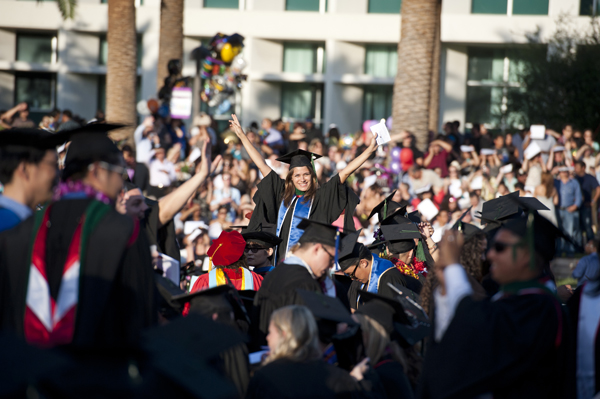

Scene from 2013 commencement at CSUN. Photo by Lee Choo.
Nearly 10,000 students are expected to walk across a California State University, Northridge stage and receive the congratulations of their faculty and university officials, including CSUN President Dianne F. Harrison, as the university celebrates its 2014 commencement ceremonies.
An estimated 9,999 students — 7,647 bachelor’s, 2,325 master’s and 27 doctoral degree candidates — are eligible to take part in the ceremonies scheduled to begin the evening of Friday, May 16, with the university’s Honors Convocation.
“Commencement is a special time at a university,” Harrison said. “I am looking forward to the opportunity to join with the students and their families and friends in celebration of what is always a momentous and joyous occasion. Throughout the year, I have enjoyed interacting with many students and learning about their outstanding work in the classroom and in the community. Honors Convocation and the commencement ceremonies give me a formal setting in which to celebrate our students’ accomplishments.”
There will be seven graduation exercises over the course of four days. CSUN’s commencement celebration begins at 6 p.m. on May 16 with the Honors Convocation on the lawn in front of the Delmar T. Oviatt Library. This year’s speaker will be alumnus Keith Weaver, executive vice president of worldwide government affairs for Sony Pictures Entertainment.
Weaver, who earned a bachelor’s in journalism in 1996 and a master’s in public administration in 2007 from CSUN, oversees all aspects of Sony’s government relations and public policy activities, as well as community affairs. He has been with the company since June 2002, when he joined as vice president of government affairs, and served as senior vice president from October 2005 until being named executive vice president in September 2011.
Last year, Weaver was elected chair of the California State Film Commission and has served as vice chair of the Board of Neighborhood Commissions for the City of Los Angeles. Additionally, he serves on the boards of the Exceptional Children’s Foundation; Genesis LA Economic Growth Corporation; Pat Brown Institute of Public Affairs; Providence Health and Services Community Ministry Board; and Slavery No More.
The commencement ceremony for the Mike Curb College of Arts, Media and Communication will take place at 8 a.m. on Monday, May 19, on the Oviatt Library lawn. The College of Health and Human Development’s ceremony will be take place at 6 p.m. that day on the lawn.
The graduation ceremony for undergraduates from the College of Social and Behavioral Sciences will take place at 8 a.m. on Wednesday, May 21, on the Oviatt Library lawn. The ceremony for the master’s candidates from that college has been combined with the graduation ceremonies for the College of Engineering and Computer Science and the College of Science and Mathematics, which will take place at 6 p.m. on May 21 on the Oviatt Library lawn.
The university’s commencement exercises will culminate on Thursday, May 22, with the ceremony for the David Nazarian College of Business and Economics at 8 a.m. on the Oviatt Library lawn, as well as the ceremonies for the College of Humanities and Michael D. Eisner College of Education at 6 p.m. in the same location.
An honorary Doctor of Humane Letters will be bestowed on William C. “Bill” Allen, president and chief executive officer of the Los Angeles County Economic Development Corporation, during the ceremony for the Nazarian College.
In addition to his work with the development corporation, Allen is the 2012 board chair of Film L.A., vice chair of the Economic Alliance of the San Fernando Valley and board secretary for the Valley Presbyterian Hospital. He also is a member of the board of directors of the Weingart Foundation, International Economic Development Council, California Stewardship Network, Regional Economic Association Leaders of California Coalition, Los Angeles Area Chamber of Commerce, Los Angeles Coalition for the Economy and Jobs, Unite L.A. and the Rossier School of Education at the University of Southern California.
Active in regional economic development for more than a decade, Allen was the first CEO of the Economic Alliance of the San Fernando Valley, from 1996-2000, and, in 2000, was named California’s Civic Entrepreneur of the Year by the California Center for Regional Leadership. While at the Economic Alliance, Allen raised more than $5 million and assembled an unprecedented public-private partnership involving all of the leading cities, colleges and business organizations in the San Fernando Valley. Under his guidance, the alliance launched programs to expand international trade, improve local education and workforce development and developed viable solutions to regional transportation challenges.

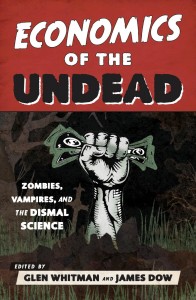 After spending most days at a desk staring at a computer, do you have the skills to survive the zombie apocalypse? What market forces are at play when “Twilight’s” Bella and Edward make eyes at each other, or which influence the fate of “True Blood’s” Sookie and Eric?
After spending most days at a desk staring at a computer, do you have the skills to survive the zombie apocalypse? What market forces are at play when “Twilight’s” Bella and Edward make eyes at each other, or which influence the fate of “True Blood’s” Sookie and Eric?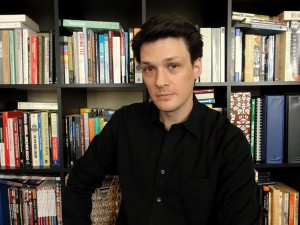
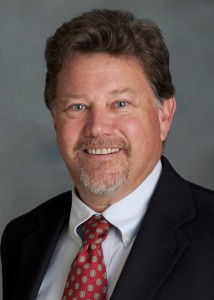

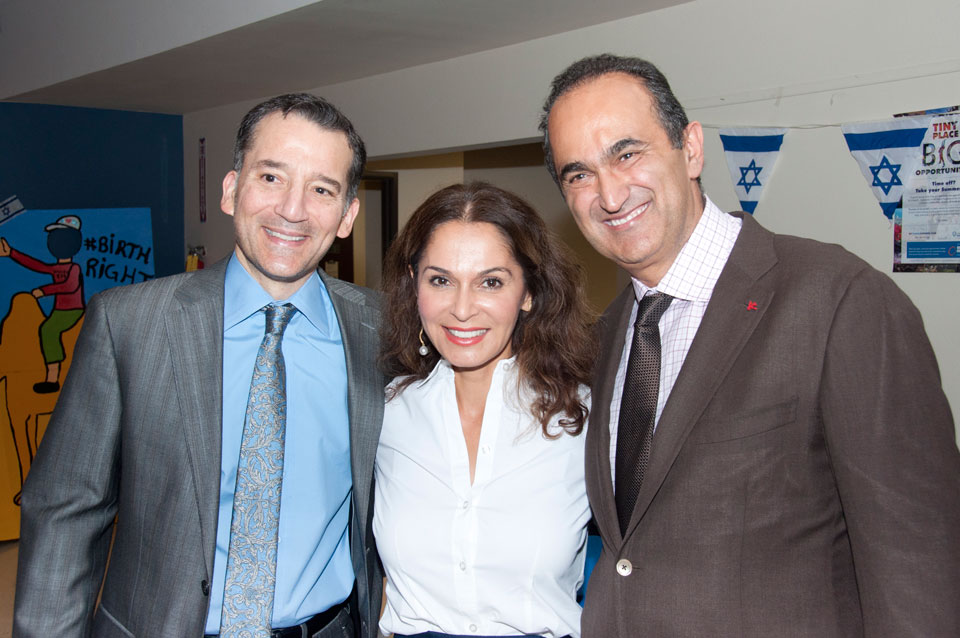

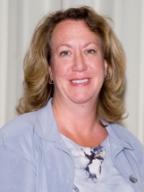
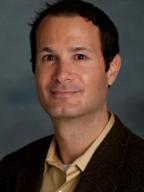
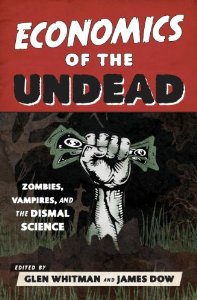


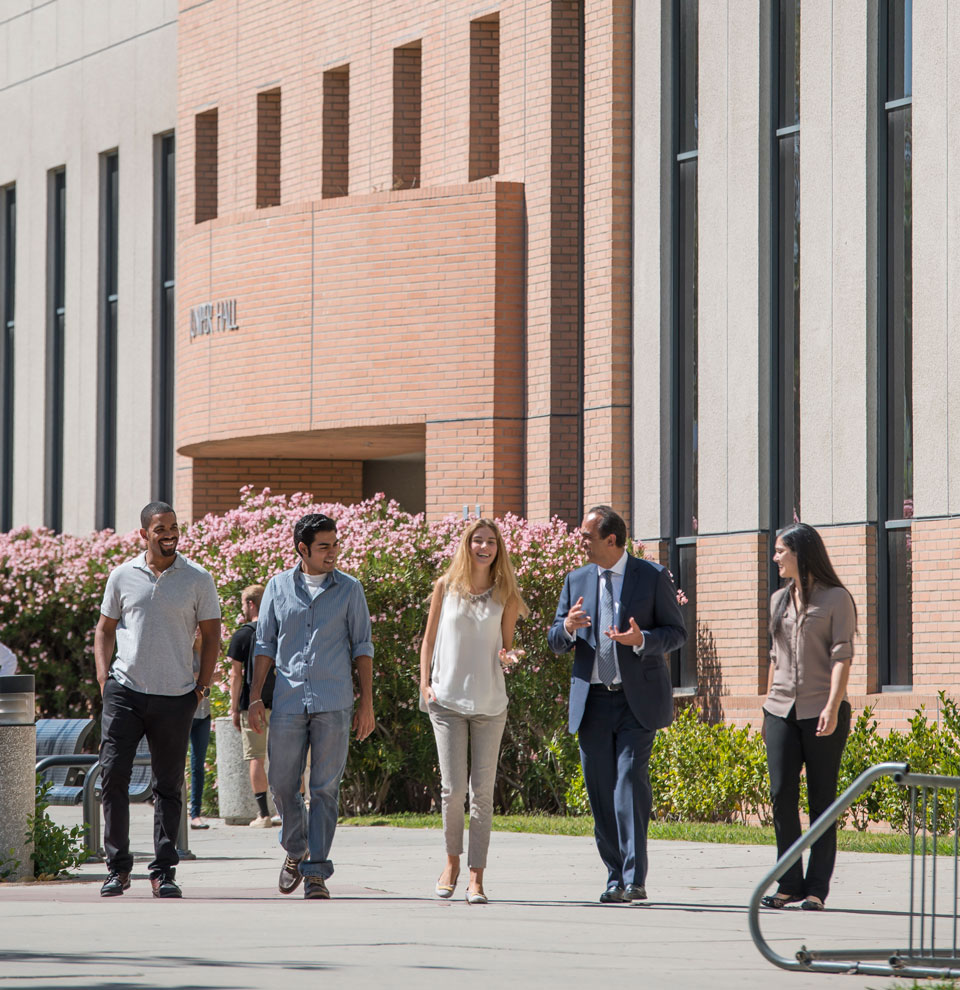

 April 15 will be here before we know it, and taxes will be due. California State University, Northridge business students hope to take some of the drudgery out of tax day by offering free tax preparation assistance to qualified members of the public.
April 15 will be here before we know it, and taxes will be due. California State University, Northridge business students hope to take some of the drudgery out of tax day by offering free tax preparation assistance to qualified members of the public.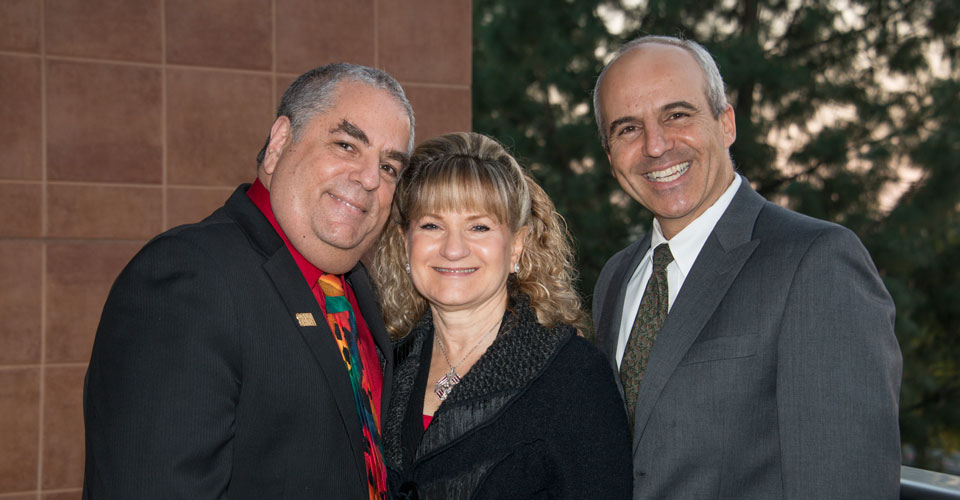
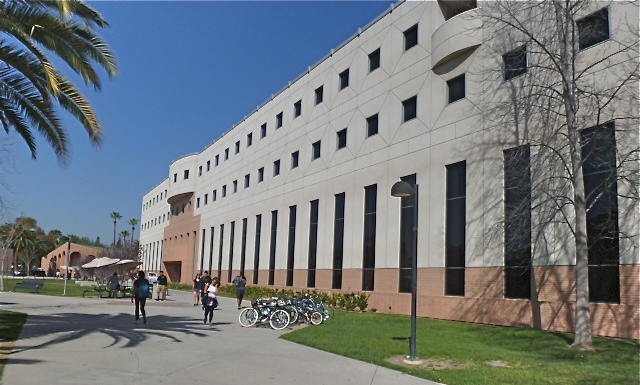
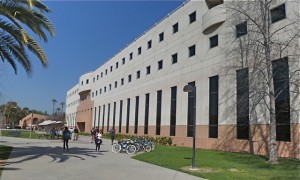
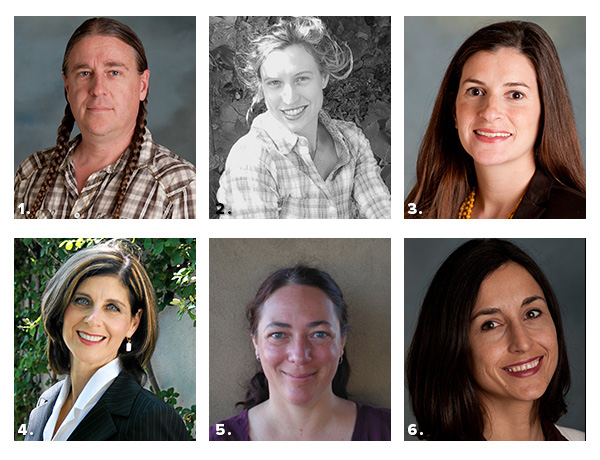

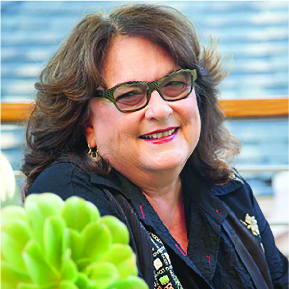
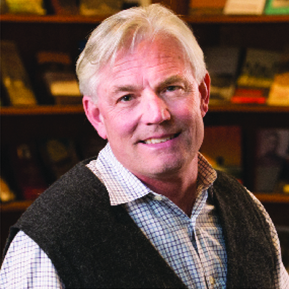
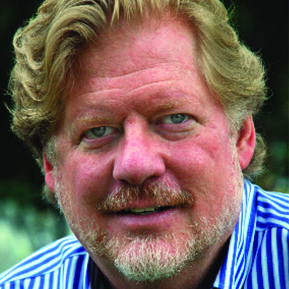

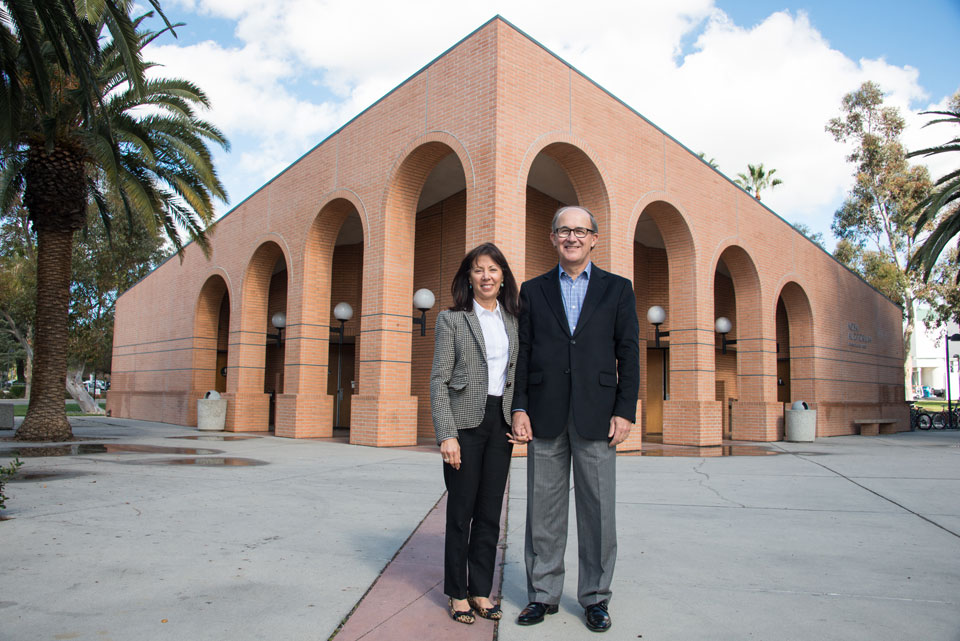

 California State University, Northridge’s marketing professors Kristen Walker and Tina Kiesler have been awarded a $193,000 grant from the
California State University, Northridge’s marketing professors Kristen Walker and Tina Kiesler have been awarded a $193,000 grant from the 